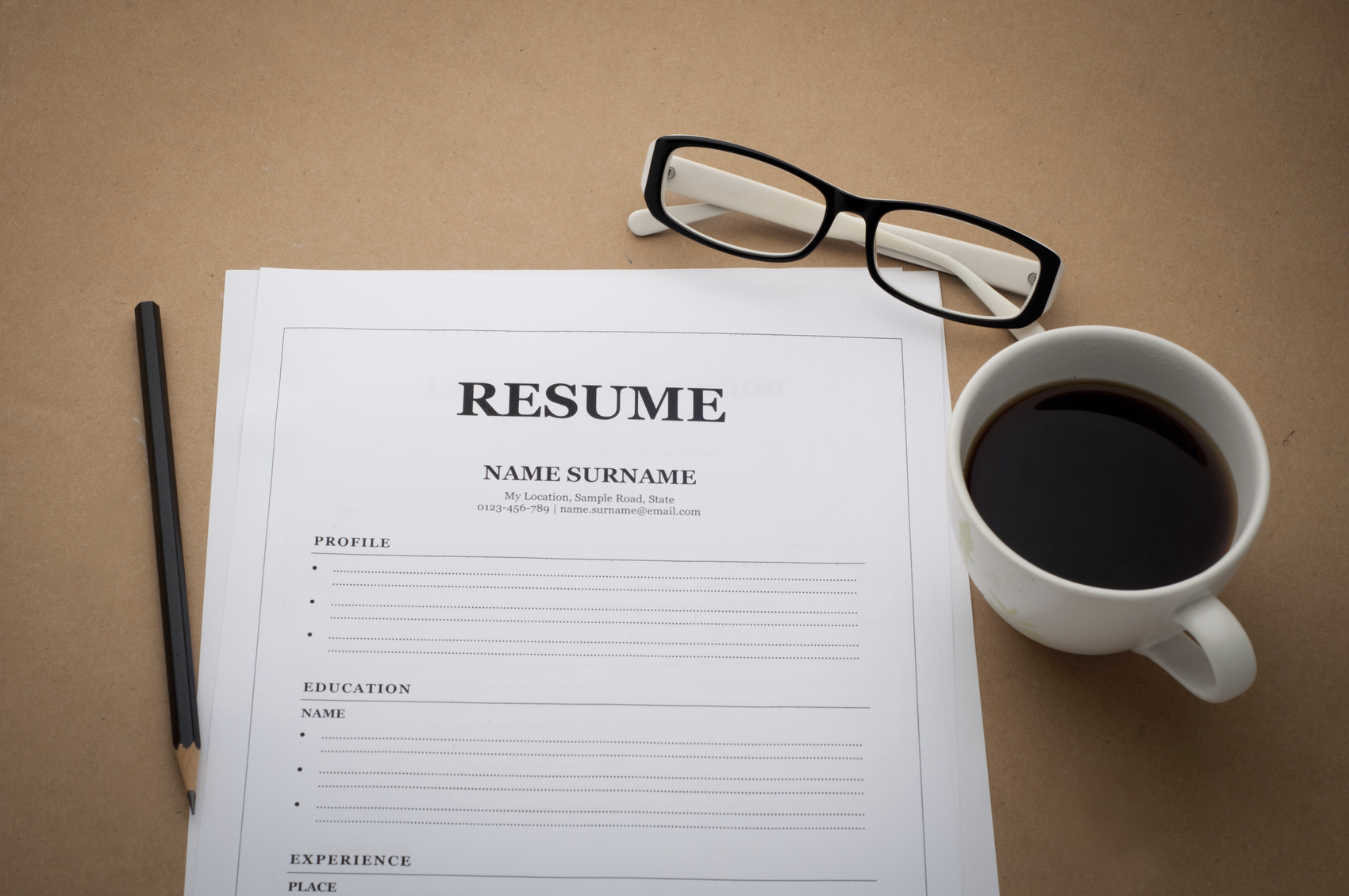Resume Writing
Why You Need a Resume
In today’s job market, the resume has become the number one requirement potential employers request. Before an employer will take valuable time to interview you, he or she wants to meet you – on paper. How you impress that employer with your resume can, and will, make all the difference.
Without a resume, you can’t even begin to compete, and an inferior resume will quickly eliminate you before you even have a fighting chance. That is why it is imperative to have a superior resume, one that effectively lets employers know what you can do for them.
A Resume is a Summary of Your Qualifications
The term resume comes from the French and means a "summary." That’s exactly what your resume is: A summary of your qualifications, skills, and achievements. It shows a future employer what you have done in the past. It details your skills and training, work experience, and education, and, most importantly, the accomplishments you have made with past employers.

It should also inform the employer of your career objective (the job you are seeking) and communicate in a concise manner the benefits you will bring to the job if hired. A resume is an advertisement. It advertises you, your unique skills and qualifications, and it stresses the benefits you have to offer.
Skills Versus Employer Benefits
One way to rise above the competition is to make sure that your resume is loaded with employer benefits, not just skills. According to resume expert Peter Newfield, today’s resumes must be "results driven" rather than the skills driven resumes of the past. By reading your resume, the employer must quickly understand what advantages you offer his company. Think of yourself as a product and the employer as the consumer. How would you sell your product (yourself) to the employer?
An employer is more interested in the benefits you have to offer, than your impressive repertoire of skills. When you write your resume, make every effort to highlight these employer benefits. For example, if you are proficient in PageMaker and desktop publishing, do not just list your skills (such as Mastery of PageMaker"). Translate those skills into benefits. Tell the employer what you are able to do with your desktop publishing skills (for example, "ability to produce attractive brochures at a low cost").
Skills indicate your potential, while benefits demonstrate your actual accomplishments—what you have achieved with your skills. An employer realizes that many applicants are well versed in PageMaker. Your job is to explain to the employer what you can do with this skill and what kind of job tasks you have accomplished with PageMaker. This is what impresses employers.
The Purpose of the Resume is to Get You an Interview
Most people think that a good resume will get them a job. This is a mistake. It is rare in today’s market to find an employer who hires anyone solely on what they have read in their resume. Employers want to check you out in person before they hire you. They want you to substantiate your resume, and see if you have the personality they are looking for. This, of course, requires an interview. It is actually the interview that ultimately gets you the job.
But it is the resume that gets you the interview! In today’s market where many companies utilize resume-tracking programs, where a computer selects your resume based on keywords, you must be extra careful to load your resume up with benefits. You not only have to impress the employer, today you must impress his computer as well! The purpose of any resume, electronic or otherwise, is simply to get you an interview.
How often have you thought, "If only I had met with the employer in person, I could have convinced him that I was the right person for the job!" Your only chance is to compose an impressive resume, one that will get noticed and get you in the door so you can meet the employer in person and get the job.
©2018Active Placement. All rights reserved.
